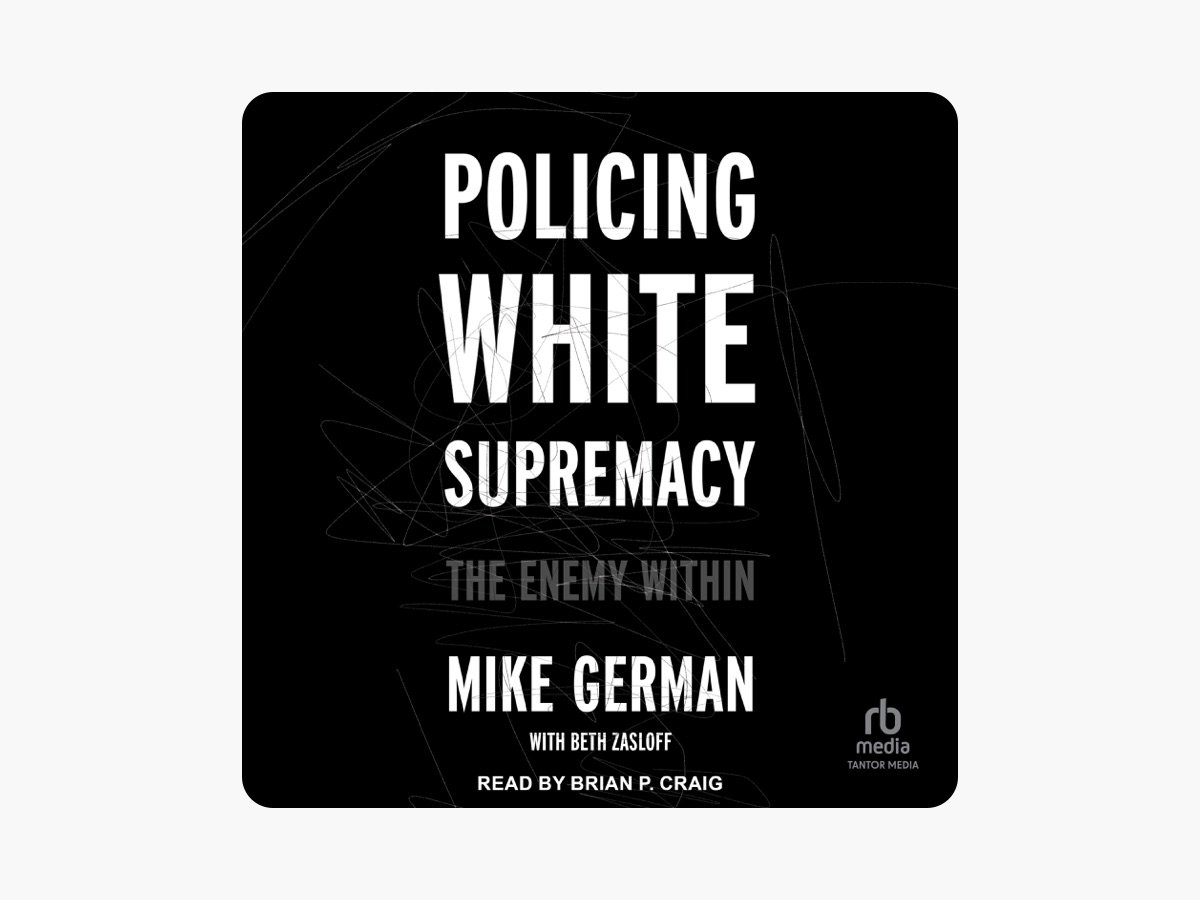About This Lesson
ESSENTIAL QUESTION:
HOW CAN THE POWER AND POLITICS OF A SYMBOL BOTH UNITE AND DIVIDE US?
Objectives:
Students will be able to analyze, evaluate and synthesize primary and secondary source evidence to support historical and contemporary understandings of the American flag as a powerful political symbol
Citations:
Book: Marshall, Tim (2016) A Flag Worth Dying For: The Power and Politics of National Symbols. New York: Scribner (pgs. 1-36)
Warm Up Video:
VIDEO : Tim Marshall on the United States Flag (1:32 mins)
Online Articles:
Texas v. Johnson
http://www.uscourts.gov/educational-resources/educationalactivites/factrs-and-case-summaries
Why do people believe myths about the Confederacy? – The Washington Post 7/1/2015
The Swastika: A Sign of Good Luck Becomes a Symbol of Evil
https://www.holocaust-trc-org/holocauset-education-program-resource-guide/the-swastiska














